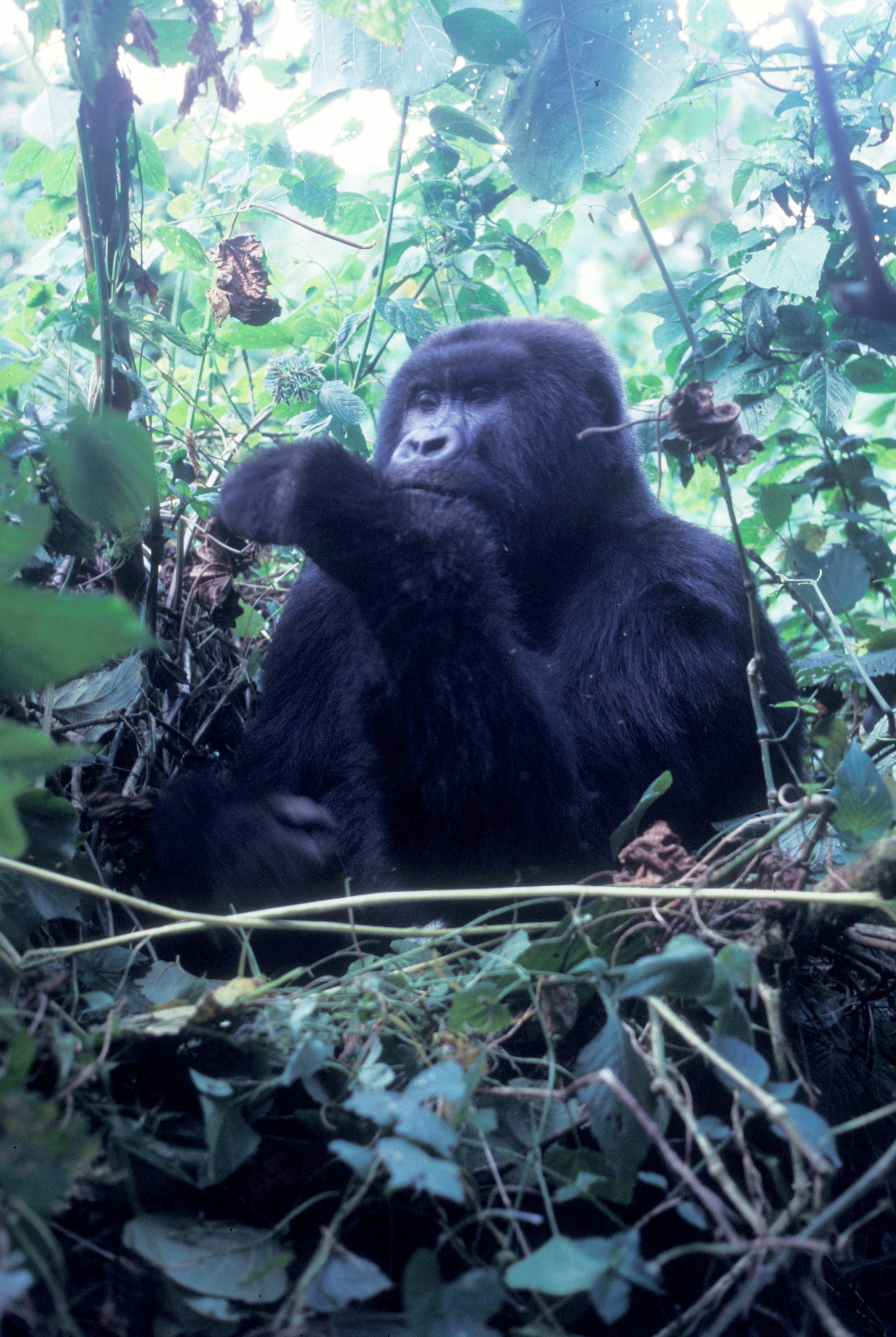ACT - Volume 9 Issue 2
Why Yankari is a big deal
By Salamatu Fada
Yankari Wildlife Reserve is spread over 2,244 km² area in north-eastern Nigeria (9°45’16”N, 10°30’37”E). Established in 1956, and opened to the public in 1962, Yankari has diverse and charismatic wildlife, including elephant, lion, hippopotamus, African buffalo and antelope species like waterbuck and western hartebeest, spotted hyena, olive baboon, warthog and mongoose. Yankari’s elephant population has been estimated to be 350 individuals and it is the largest population in West Africa. With over 337 bird species, Yankari has been designated as an Important Bird Area (IBA). Some of the species are saddle-billed stork, martial eagle, Abyssinina ground hornbill and Narina’s Trogo.
The numerous natural springs and the Gaji River Valley support far more lush vegetation than normally found in the Sudan savannah zone. The major woodland species include Combretum, Acacia and leguminosae. Hyparrhenia involucrate and H. bagirmica are the dominant grasses. Large stands of Stink bush willows (Pteleopsis habeensis) occur in Yankari and no other place throughout Nigeria.
|
Location of Yankari. Photo credit: Salamatu J. Fada. |
Apart from its biological diversity, Yankari has many interesting archaeologic and geographic features such as the Dukkey Wells, Marshall Caves, Tunga Iron Smelting Kalban Hill, Kariyo Hill, Paliyaram Hill and the Tonlong Gorge. Yankari is also famous for “the Wikki warm spring”. The Wikki spring provides a daily flow of 21,000,000 litres of clear, spring water into the Gaji River and has a constant temperature of 31.1°C throughout the year and has been developed for recreation. The camp is named after the Wikki warm spring. The tourist facilities in Wikki Camp are absolutely stunning. There are over a hundred furnished chalets with varying size and quality, ranging from the presidential suites to the youth hostel. The camp also provides a clinic, restaurant, shops, bar and conference centre, lawn tennis courts, squash courts and also has a museum.
Yankari, like many protected areas in the West Africa, is faced with poaching, illegal wildlife trade, over-grazing, human-wildlife conflicts, effects of climate change and shortage of funds for effective management. Many of its plant and animal species in Yankari figure in the IUCN’s Red List, notably 8 large mammal species, including African hunting dog, leopard, cheetah, giraffe, Western Kob, korrigum, red-fronted gazelle and Bohor reedbuck. Yankari needs to be conserved for our children’s children.
Salamatu Fada is a conservation biologist in Nigeria.
